Results
-
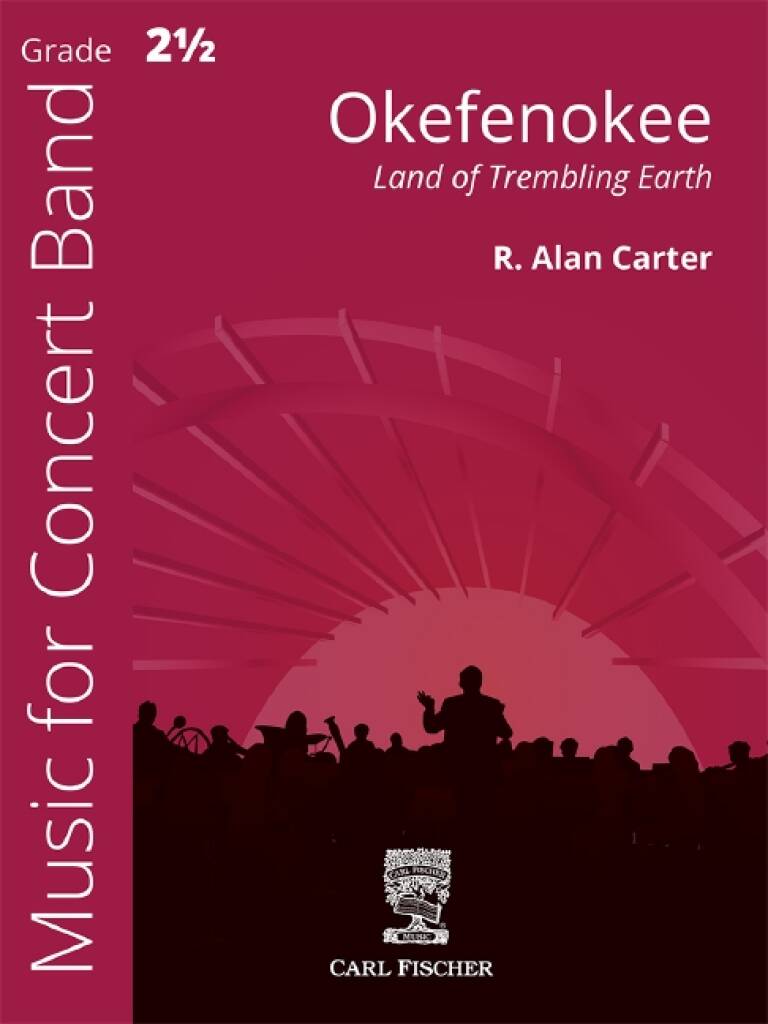 £72.95
£72.95Okefenokee - R. Alan Carter
Named Land of the Trembling Earth because the peat bog, which floats on water, moves when walked upon, the Okefenokee Swamp is a natural wonder. Starting mysteriously with a full-band sound, moving through a middle section with a flute or recorder solo that depicts the life of the early inhabitants, and ending with a spirited dance that features woodwind runs, brass countermelodies and thunderous timpani and bass drum parts, this unique composition offers performers the chance to perform a programmatic work that will challenge and entertain at the same time.
Estimated dispatch 7-14 working days
-
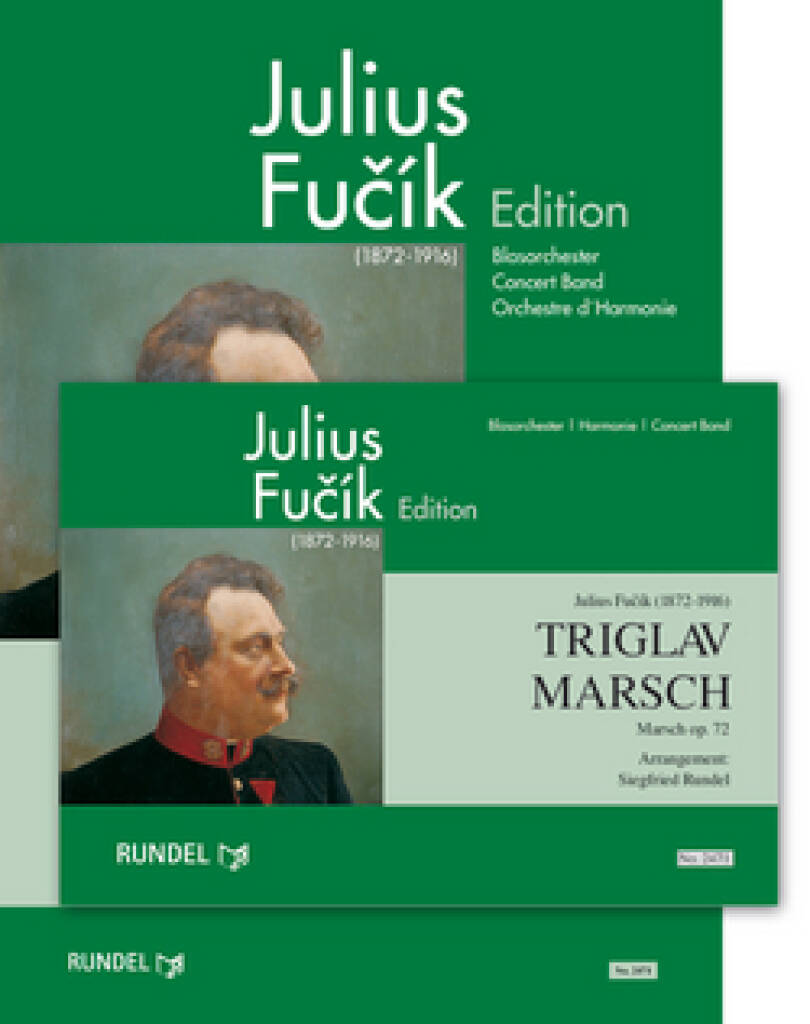 £35.50
£35.50Triglav - Julius Fucik
Julius Fuc k (1872-1916) appreciated life in Sarajevo. First compositions were written, which soon made him become one of the leading representatives of his profession in Austria-Hungary. Among those works also figured his elaborate piece "Austria's Glory and Honor", which unfortunately remains kind of ill-fated up to now. Yet another area of activities, where Fu k was able to demonstrate his talents was to stage the symphony concerts introduced by him in Sarajevo. Late in fall of the year 1900 Fuc k's time had come, when the regiment deployed from Sarajevo to Budapest. He lived in that metropolis on the Danube for the next some ten years, and during that period most of hisworks were composed. At that time his popularity also grew from day to day. The first performances of his works met with general interest, and not only numerous officers most of them were friends of Fuc k attended these events, they rather were attractions for all ranks of the society. It should also not be overlooked that music publishers were anxious to secure almost each one of his works for their publishing company, and most of them were printed immediately after their premieres. In 1899 the "Laban March" was written as his Opus 44. It was dedicated to Major General Rudolf Laban of Vralje, commander of the 3d Mountain Brigade which was stationed in Nevesinje. The title of the march then changed to "Eiserne Brigade" ("Iron Brigade") until it finally became known as "Danubia". It was first printed as late as 1933 by Bohuslav Leopold (Edition Continental). Leopold was a musician in Fuc k's regimental band, and later a successful publisher. He succeeded in securing the best of Fuc k's works for his company. Sketches of "Triglav" date back to 1903. The title alludes to the highest mountain of the province of Slovenia, and this was probably an apt means in the eyes of the composer to demonstrate his "Slavonic patriotism".
Estimated dispatch 7-14 working days
-
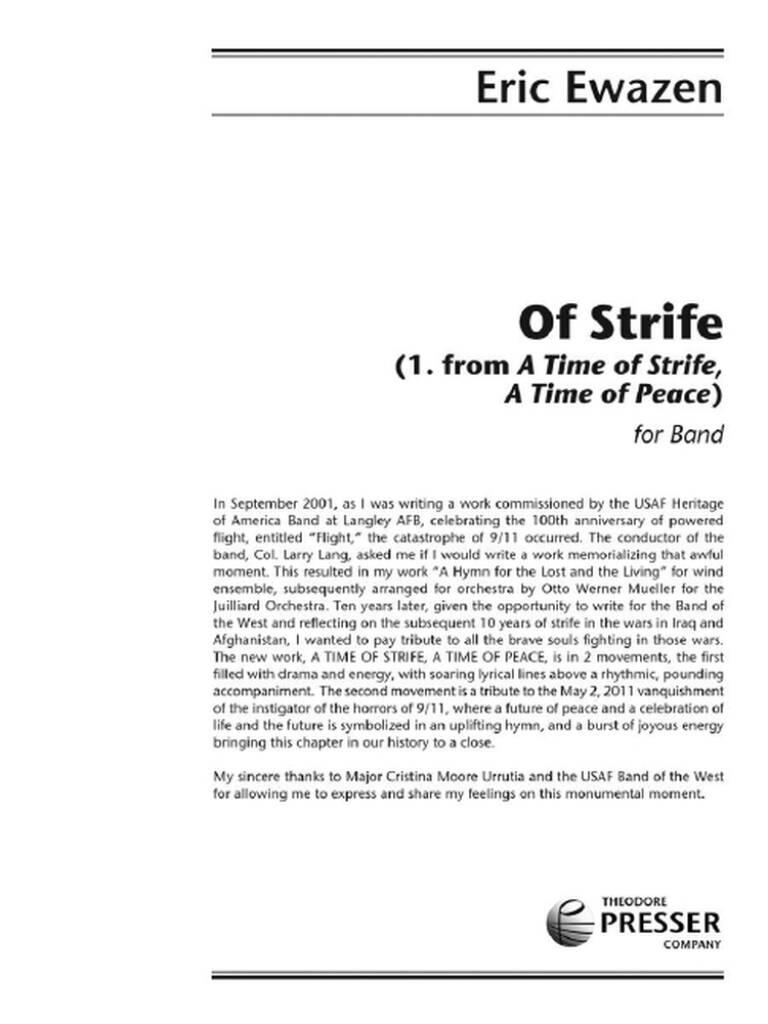 £280.50
£280.50Of Strife (1. From A Time Of Strife) - Eric Ewazen
A commission by the U.S. Air Force Band of the West allowed Ewazen to consider the ten years following the events of 9/11/2001, resulting in A Time of Strife, a Time of Peace. The first movement considers the long wars and the losses entailed through soaring lyrical lines above a rhythmic, pounding accompaniment, as Ewazen puts it. The second movement is a bittersweet celebration on the death of the perpetrator and a future of joy, peace, and life. Ewazen says, A burst of joyous energy bringing this chapter in our history to a close.
Estimated dispatch 7-14 working days
-
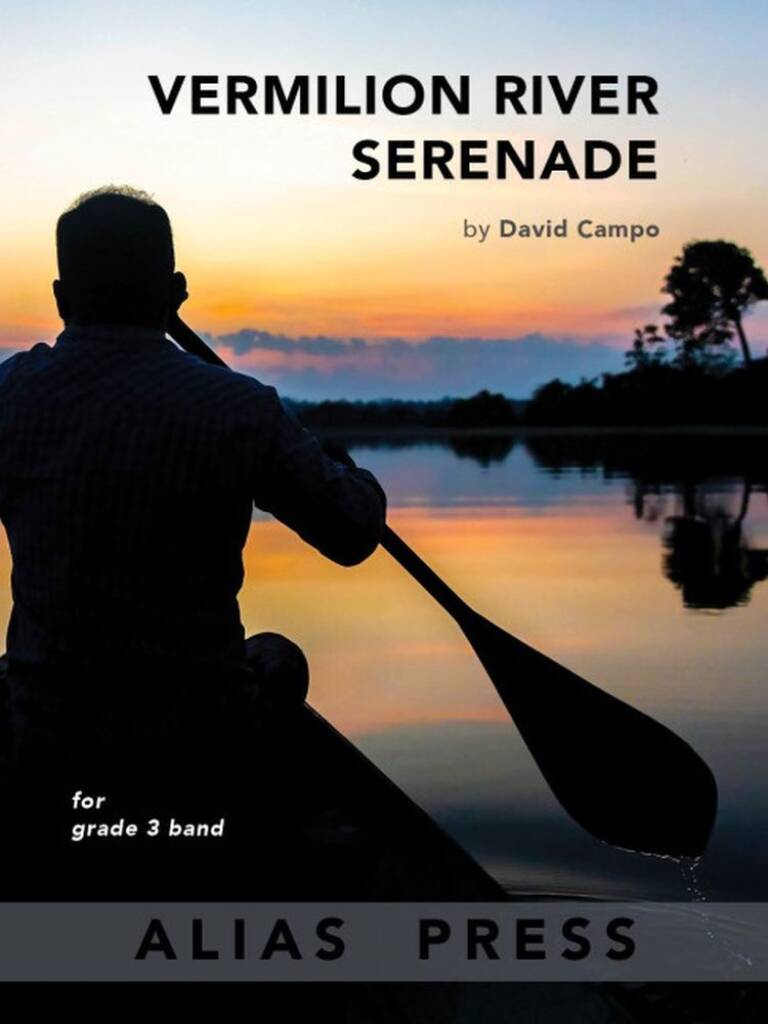 £56.50
£56.50Vermilion River Serenade - David Campo
The Vermilion River runs through the heart of my hometown of Lafayette, LA. It was created when the ancient course of the Mississippi River, which originally ran through the area that is now Lafayette, shifted from west to east and left a channel through the plains. While originally home to the Atakapa-Ishak and Canneci (Lipan Apache) Tribes and the competing Choctaw Tribes, between the years 1765 and 1785 the first great wave of immigration occurred in South Louisiana and Acadian exiles settled the area. They created a profitable fur and deerskin trading business along the Vermilion River, and the Old Spanish Trail reached the Vermilion right about where the village of Vermilionville (later Lafayette) was founded. Subsequently, the town grew and flourished on both sides of the Vermilion. The tranquil river and its scenic banks, adorned with live oaks draped in Spanish moss, provided the backdrop for early Cajun life as the river was a source of food, communication, travel and commerce. This piece is a "postcard;" an homage to my culture and to the river that brings me great peace every time I encounter its pastoral beauty and serenity.
Estimated dispatch 7-14 working days
-
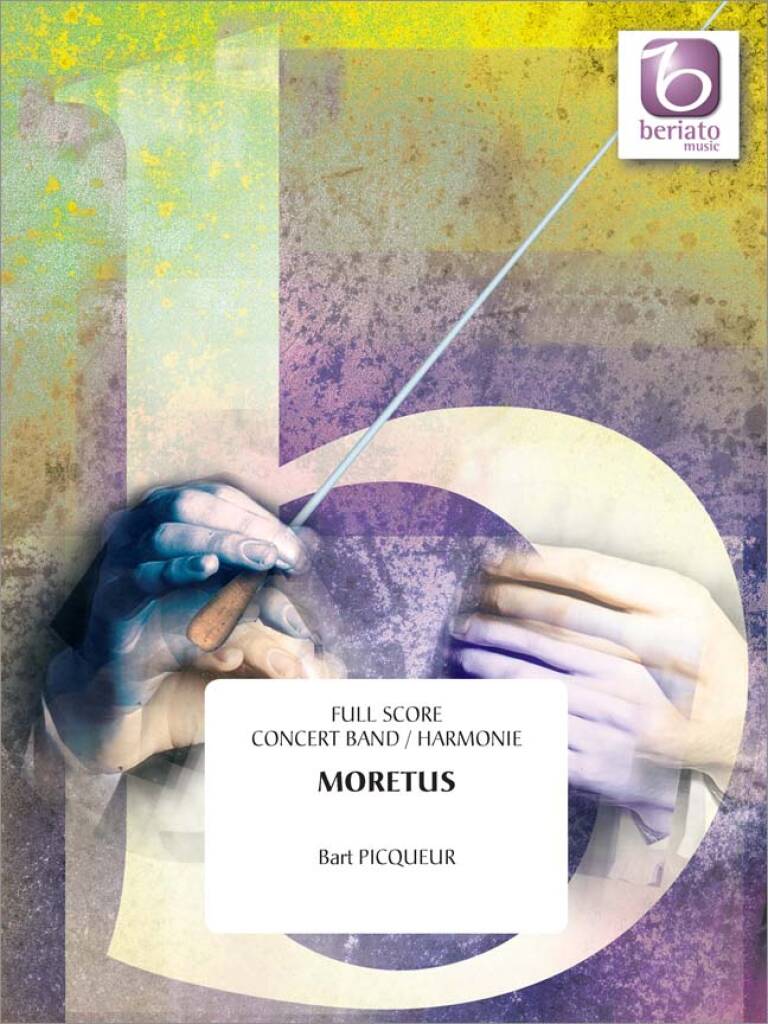 £149.99
£149.99Moretus - Bart Picqueur
Jan Moretus (1543-1610) was a book printer and publisher in his native city of Antwerp. He worked as assistant to his father-in-law, the renowned master printer and publisher Christoffel Plantijn. After Plantijn's death in 1589 Moretus took over the business.The composition Moretus consists of four parts that draw on the remarkable personality of Jan Moretus aswell as the printing business. In both the titles of the movements and the thematic structure we can see a certain symmetry: a playful allusion to the process of printing.Part 1, A Celebrated Gentleman, describes the illustrious figure of Moretus in a festive chorale. In the second part, ExpressiveImpressions, the printing press itself is brought to life in repeated motifs - despite the industrial, mechanical nature of the process, the product always has an artistic and cultural dimension. In the third part, Impressive Expression, the wind band is invited (or challenged), to intone the slow theme with a poignant expressiveness. Part 4, A Gentle Celebration, is a celebratory finale with a fresh theme.
Estimated dispatch 7-14 working days
-
£134.99
Milestone Overture - Dirk Brossé
This work was written at the pivotal point of both two centuries and two millennia. With its hopeful melodies and triumphant parts in the brass section, the opening pictures the dawning of a new era of great expectations, characterized by the high speed of communicating all over the world, which is one of the most important aspects of life in the 21st century. This is achieved by musical themes being rapidly transferred from one musician to another. In this vortex of information and fast business transactions, the sense of individuality threatens to become extinct. At this point, Brosse silences the orchestra (a symbol of society) and draws attention to those peoplewho are less fortunate than most of us. This focus on other people culminates with an orchestral climax in which all powers come together with a feeling of euphoria.
Estimated dispatch 7-14 working days
-
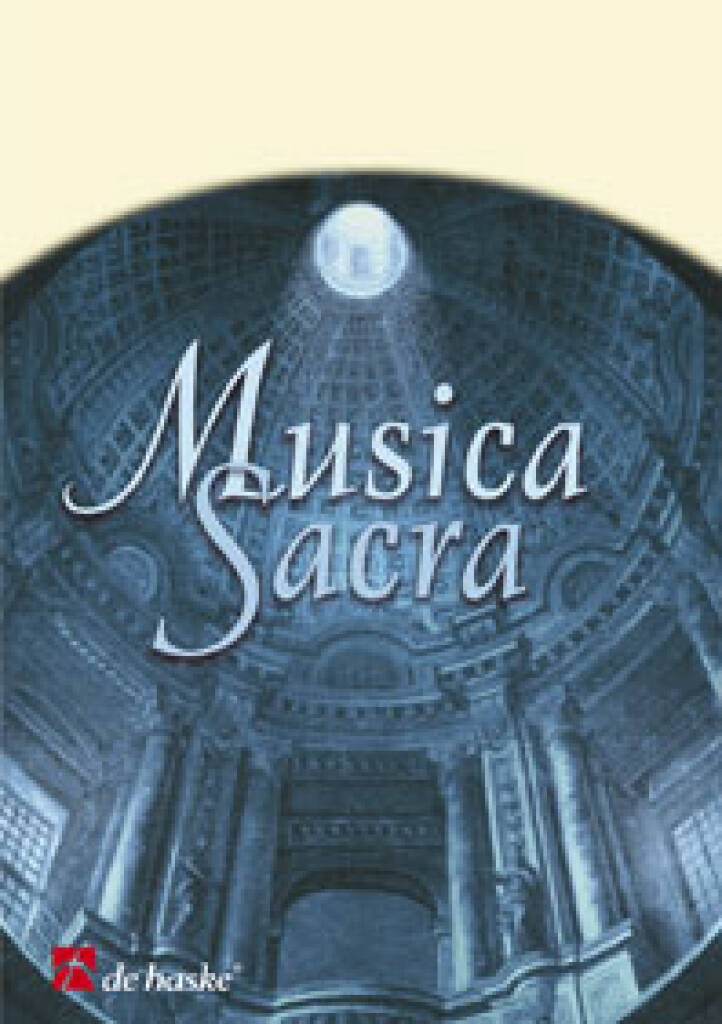 £84.99
£84.99Eventide - Jacob de Haan
Eventide (Song of Liberation) has as its theme the European liberation from the Second World War. After a solemn introduction, one hears the melody of the hymn Abide with Me, which was sung frequently during the war. Variations on the theme follow, finally leading to the magisterial conclusion that represents the ultimate liberation. Bring a bit of nostalgic history to life with this stirring composition.
Estimated dispatch 7-14 working days
-
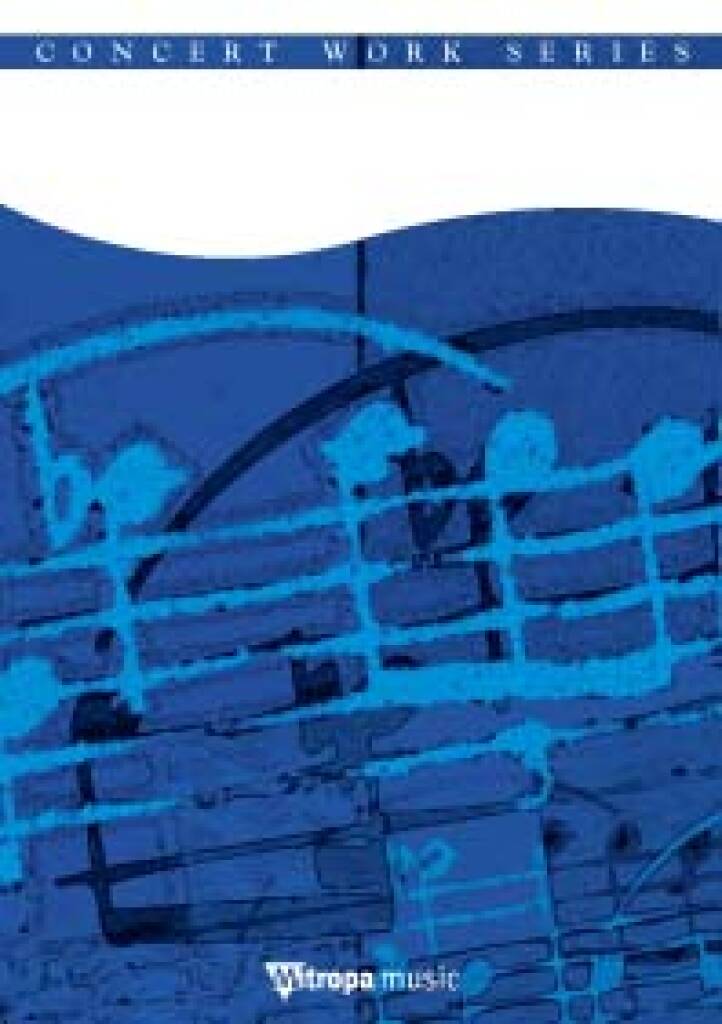 £109.99
£109.99Black River Overture - Thomas Doss
The Black River Overture was commissioned by the music society Pfarrkapelle Schwarzenbach, on the occasion of its 50th anniversary. Schwarzenbach literally means "black brook" - hence the title of the work. This light-hearted piece is a compliment to all music societies and wind bands that have continued despite alternative, modern leisure-time activities in villages; as such, they are able to offer a wonderful and meaningful occupation to both the young and young-at-heart: namely, making music! These societies are the basis for all cultural work, making life rich and colourful.
Estimated dispatch 7-14 working days
-
 £69.99
£69.99Mexican Holiday - Philip Sparke
Whilst making no claims to be stylistically authentic, this little piece aims to capture the infectious spirit of mariachi, a word whose origins are lost in the mists of time, but which describes not only the performers (on guitars, vihuelas, violins, trumpets and harp) but also the music itself. Their music speaks of love, passion, politics, life in the country and revolutionary heroes but is unerringly uplifting in style and immediately recognisable as the spirit of Mexico. A chance to add that Spanish flavour to your concerts.
Estimated dispatch 7-14 working days
-
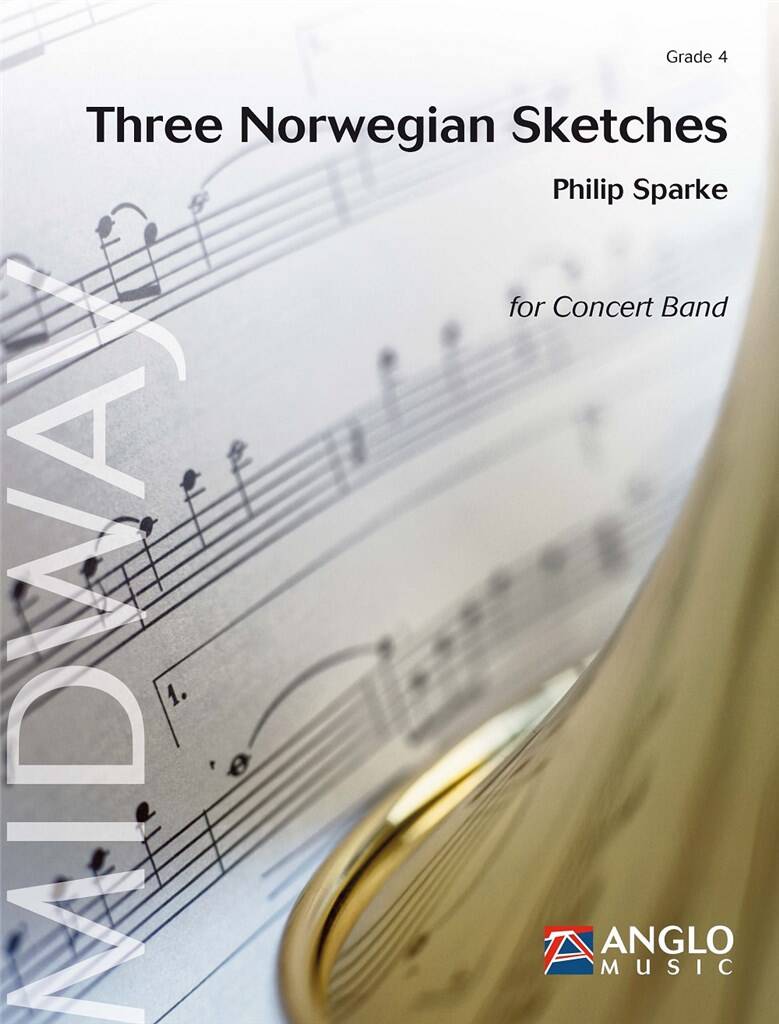 £183.99
£183.99Three Norwegian Sketches - Philip Sparke
Three Norwegian Sketches was commissioned by ...ndalsnes Musikkforening, Norway, who are conducted by John Hudson. The three contrasting movements - TROLLVEGGEN (The Troll Wall), RAUMA ELV (River Rauma) and RAUMABANEN (The Rauma Line) - describe life and scenery around the town of ...ndalsnes on the beautiful west coast of Norway. This is a challenging, imaginative and versatile new work, ideal for a concert or a contest.
Estimated dispatch 7-14 working days
